COVID cinematic universe: Are we ready to see the pandemic on screen yet?
Corona-movies are on the rise – but is it too soon?
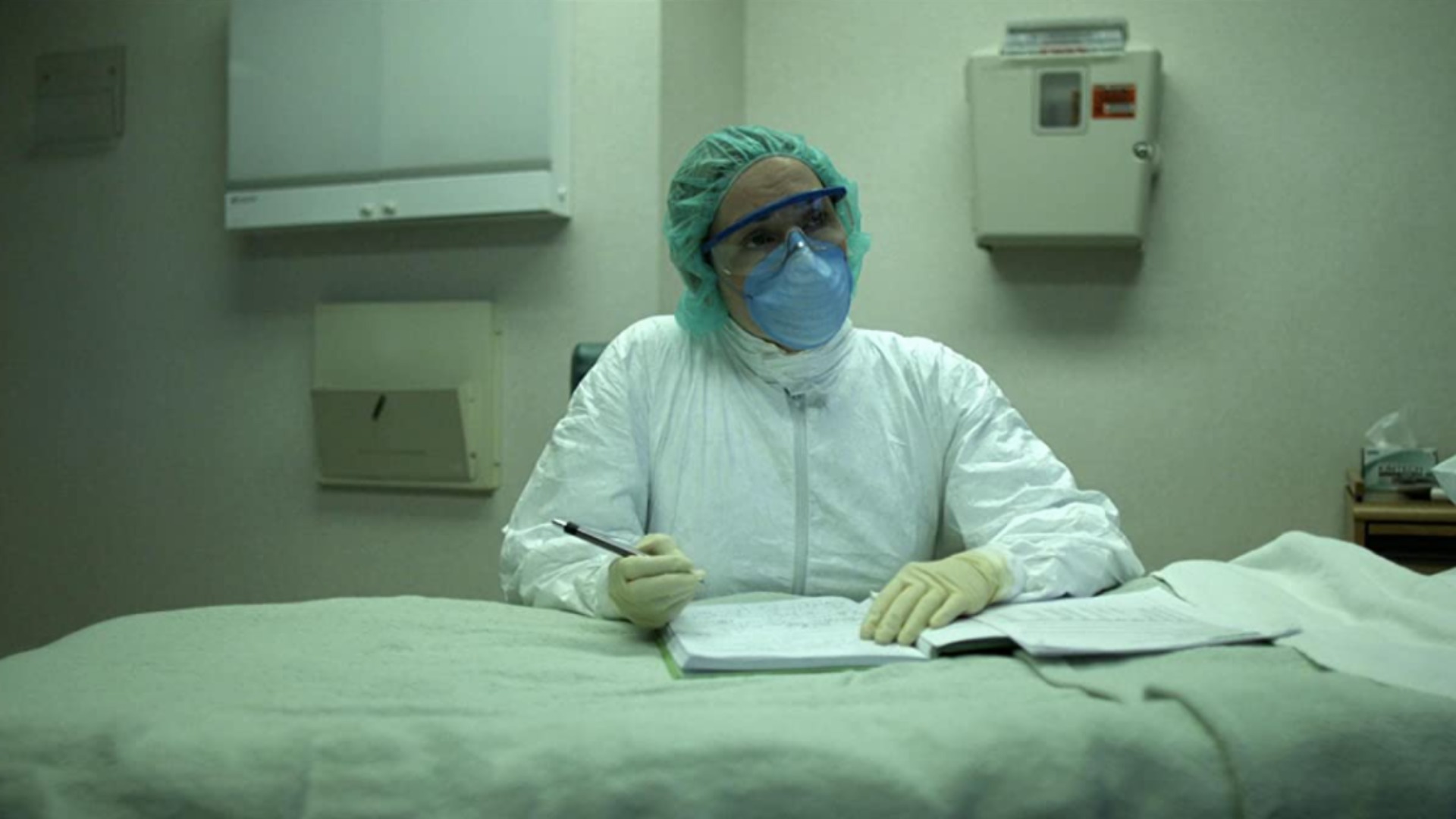
A year ago, the world was brought to a standstill. There’s no need to explain why, we were all there. Over the last few months, several movies set during the pandemic have entered development – and a few have already been released. But do people really want to watch scenes of social distancing, masks, and toilet roll hoarding right now?
The first of these movies to be released was Locked Down, a heist rom-com starring Anne Hathaway and Chiwetel Ejiofor, which debuted on HBO Max in January. That was soon followed by In the Earth, a pandemic horror movie directed by Ben Wheatley that debuted at Sundance Film Festival in February. As for upcoming movies, there's The Bubble, Judd Apatow’s all-star Netflix comedy about a quarantined cast trying to finish a franchise film. Even Steven Soderbergh’s returning to the genre, with the director recently revealing that a "philosophical sequel" to his 2011 pandemic thriller Contagion is in the works.
Lockdown escapism
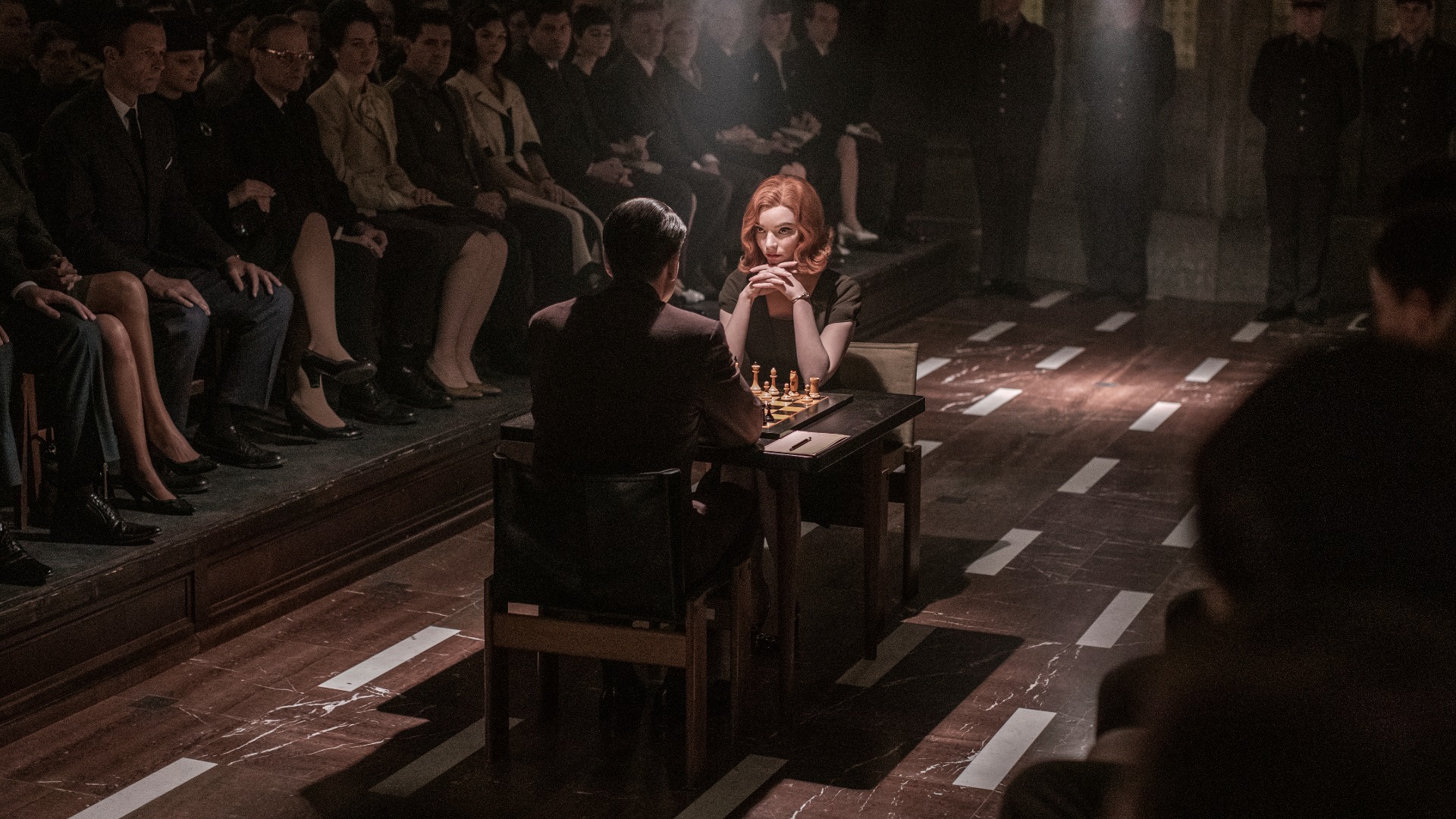
But what has actually been popular with viewers over the last year? Bingeable TV dramas like Bridgerton, Lupin, and The Queen's Gambit have raked in the viewing figures – Bridgerton, which debuted on Christmas Day, is now Netflix's biggest original series, while Lupin and The Queen's Gambit have won over tens of millions of views each. Outlandish reality TV shows like Tiger King, Love is Blind, and Selling Sunset have also been the topic of conversation across the internet, but why have these shows been so popular? Rather than highlighting a desire for pandemic-themed viewing, these viewing trends would suggest that people are seeking out escapism instead.
To really assess what's going on with the movie industry right now, it's useful to look at how filmmakers have dealt with similar events in the past. However, there aren't really any comparable historical events – at least, not while Hollywood has been around. Very little fiction has been made about the Spanish Flu pandemic of 1918, despite infecting around 500 million people worldwide and killing around 50 million – there's an episode of Downton Abbey, and that's about it aside from factual documentaries. It's strangely absent from pop culture.
In terms of other significant events that have affected large numbers of Americans (because, frankly, Hollywood doesn't tend to make movies centering on anyone else), we can first look at the movies being produced during World War II. The year after the war finished, The Best Years of Our Lives – about three US servicemen readjusting to civilian life after returning home from the war – became the highest-grossing movie since 1939’s Gone with the Wind. Were cinemagoers hungry to see the past few years depicted on screen? Not quite. There's a difference between that movie and the current pandemic fare – The Best Years of Our Lives deals with the fallout of the war, not the war itself.
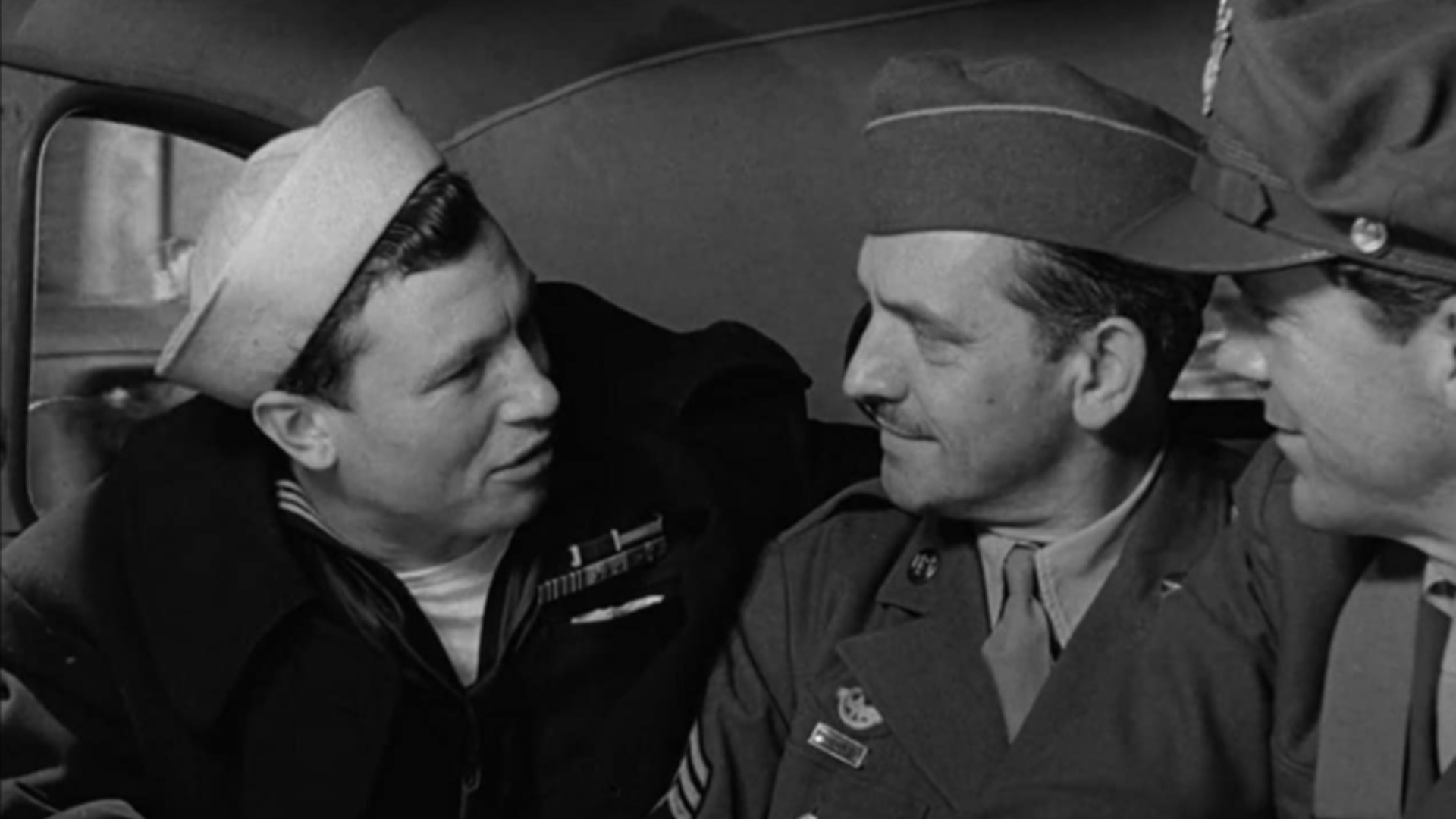
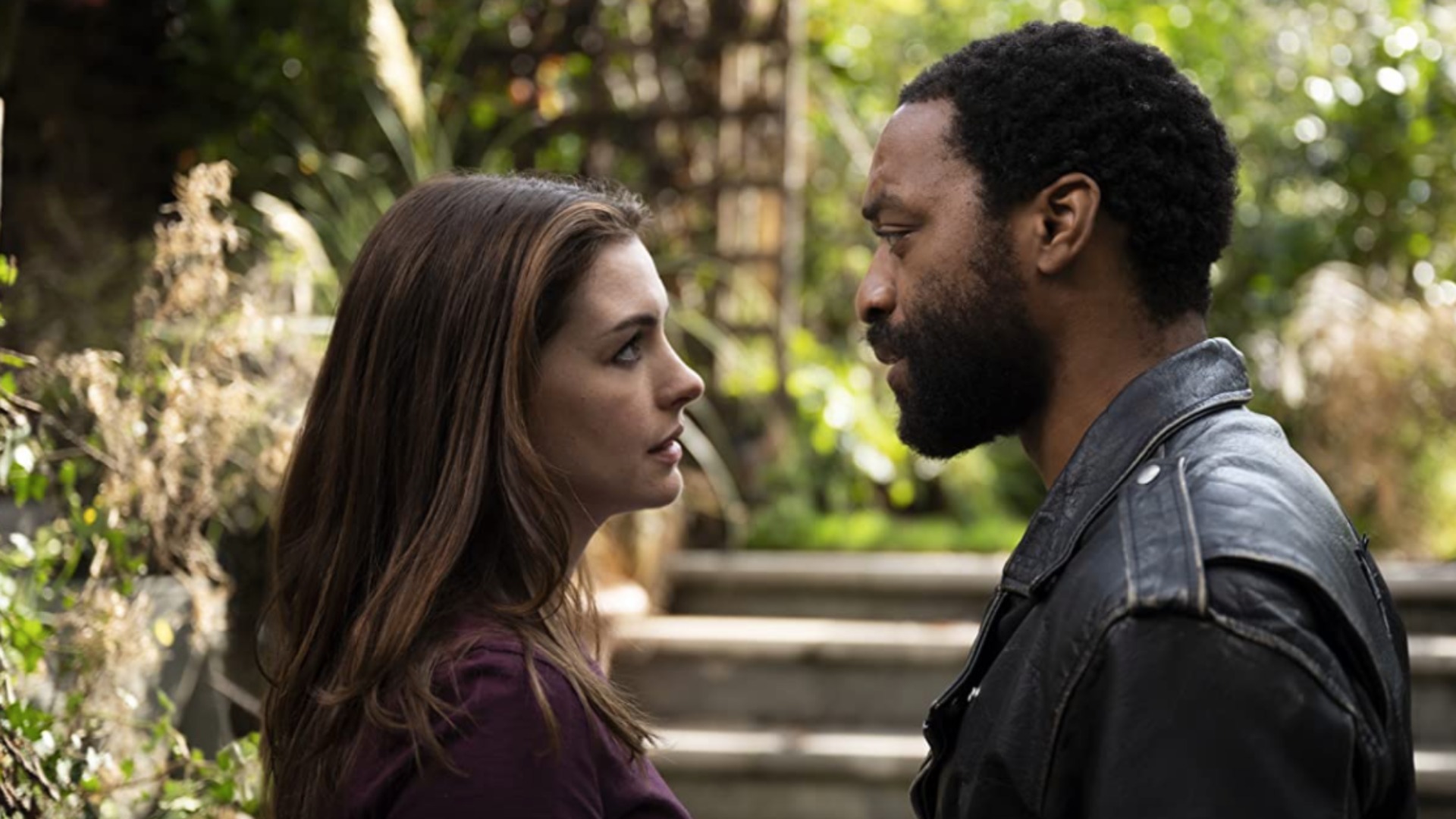
Doug Liman talks us through making a star-studded heist movie in lockdown
Jumping forward to more recent history, there’s 9/11. The first major movie that mentions the tragedy was Spike Lee's 25th Hour, which was released in 2002, a year after the fact – however, the movie just references, and isn't solely about, the terrorist attacks. The first big Hollywood movie about the event came eight years later – Remember Me, released in 2010. The Robert Pattinson-led movie directly incorporates the attacks on the Twin Towers into its story, turning the tragedy into a shock twist in the film's final act, and it received negative reviews for doing so. A more recent example is 9/11, released in 2017, about a group of people who get stuck in an elevator in the World Trade Center, but the movie was controversial and received negative reviews for its handling of the subject matter.
Perhaps the most direct comparison is another public health crisis – the AIDs epidemic, for example, has been the subject of a few mainstream movies, including Rent, Pride, and Dallas Buyers Club about the virus' effect on the LGBTQ community in the '80s when effective treatment was not available. However, AIDs predominantly impacted marginalized communities, like LGBTQ people, as well as drug users and sex workers, unlike COVID, which has affected everyone globally. Because of this, lots of people didn't fully understand AIDs while the crisis was at its most prevalent, unlike general education on COVID-19 which has been made much more publicly available.
Sign up for the Total Film Newsletter
Bringing all the latest movie news, features, and reviews to your inbox
If not now, when?
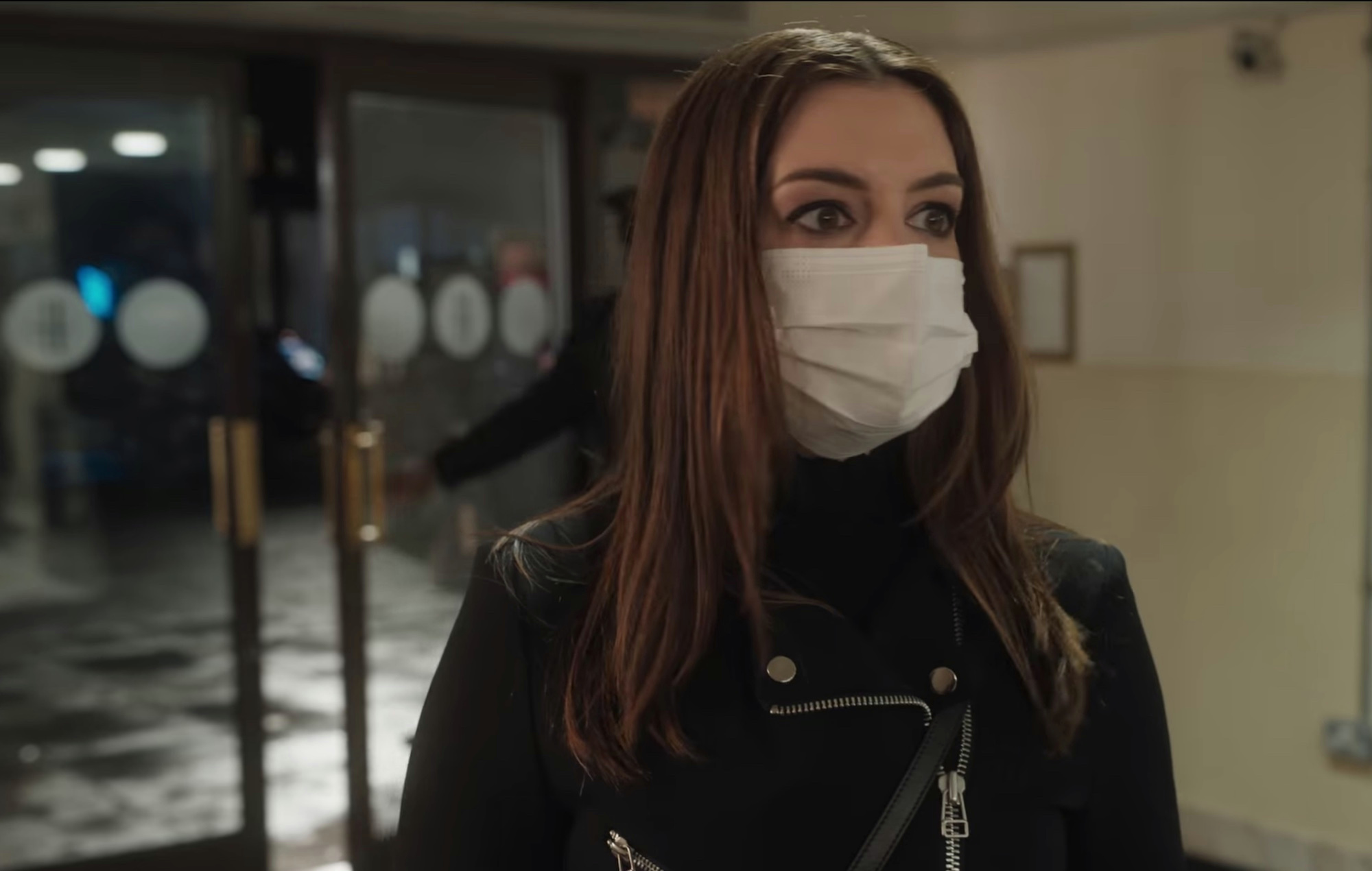
Do we really want to see people arguing with each other in lockdown? Sometimes, it's better to sit with things for a while, whether that's an idea, an emotion, or an experience
All three world-changing events took time to come to the big screen, yet COVID has gotten the Hollywood treatment almost immediately. This change could be connected with the rise of streaming platforms – the turnaround for movies and TV shows, from development to being available to watch, has become significantly quicker, and studio executives are often pouncing on a topic before it becomes old news.
Is this a good thing? Do we really want to see people arguing with each other in lockdown? Sometimes, it's better to sit with things for a while, whether that's an idea, an emotion, or an experience. The wounds of this pandemic are still fresh for many people – and why wouldn't they be? With vaccine rollouts underway all over the world, the end of the pandemic is almost in sight, but we're not there yet. If Hollywood's handling of tragic events in recent history is anything to go by, time and space will be needed to make sure the pandemic is handled sensitively on screen.
I’m an Entertainment Writer here at GamesRadar+, covering everything film and TV-related across the Total Film and SFX sections. I help bring you all the latest news and also the occasional feature too. I’ve previously written for publications like HuffPost and i-D after getting my NCTJ Diploma in Multimedia Journalism.


